There has been a lot written on this topic, and some expensive tools proposed to solve this issue, but it is still a concern and a mystery for many designers. The point is that whatever efforts you do, the substrate is common to an entire chip and can cause some undesired coupling if not managed properly and at an early stage. As a start… Read More
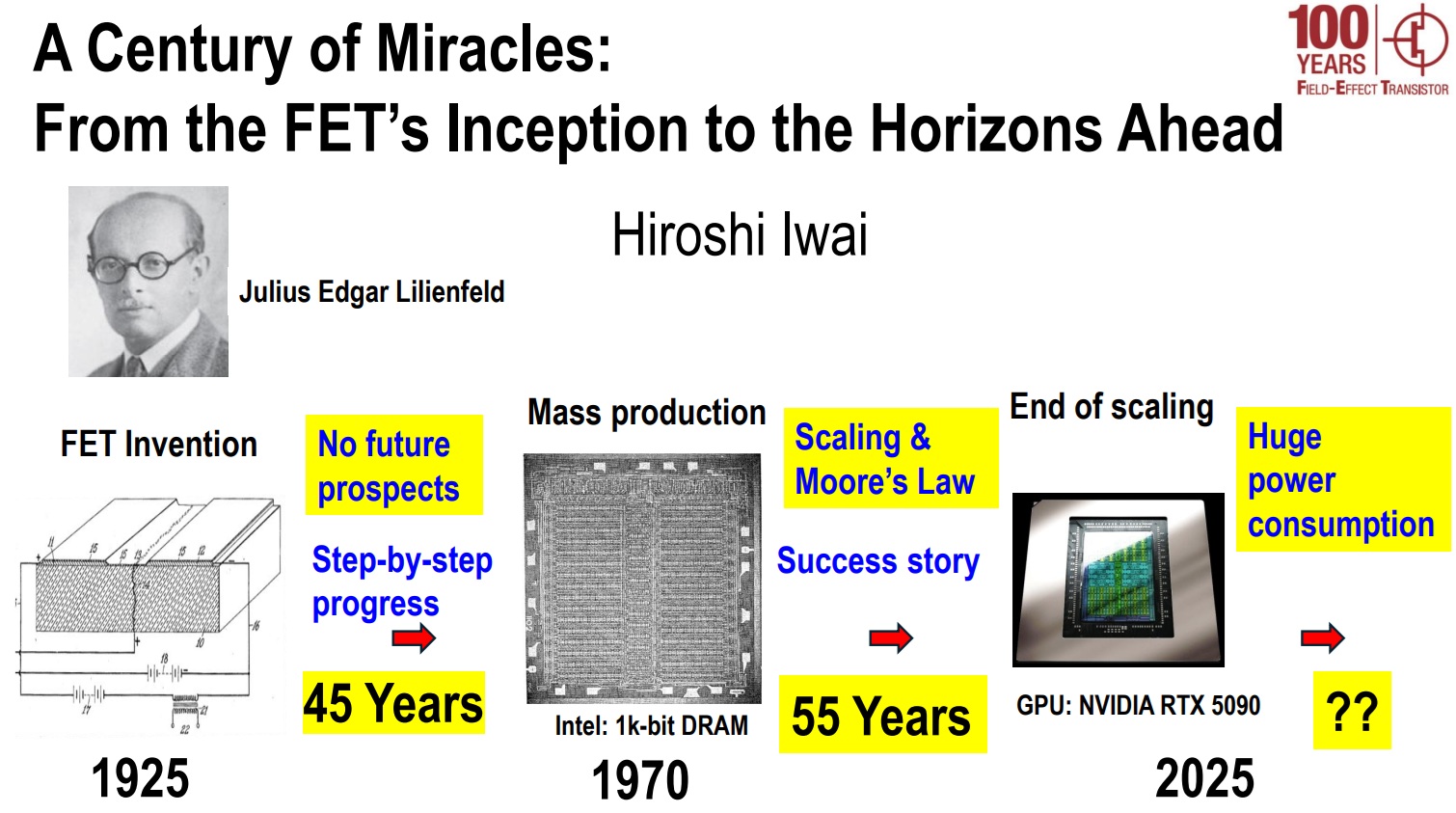 A Century of Miracles: From the FET's Inception to the Horizons AheadThe Field-Effect Transistor (FET), a cornerstone of modern…Read More
A Century of Miracles: From the FET's Inception to the Horizons AheadThe Field-Effect Transistor (FET), a cornerstone of modern…Read More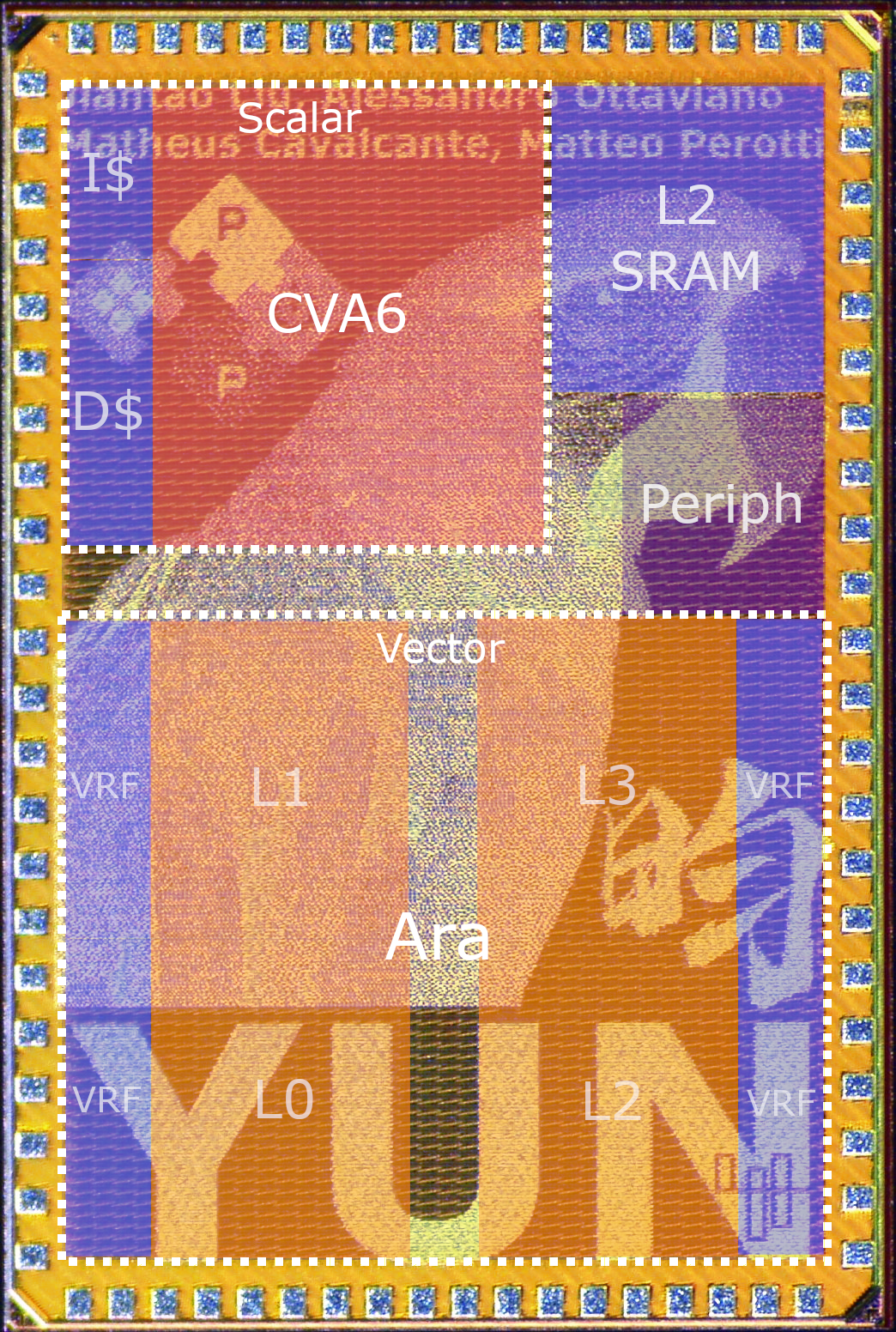 Two Open RISC-V Projects Chart Divergent Paths to High PerformanceUp to now the RISC-V community has been…Read More
Two Open RISC-V Projects Chart Divergent Paths to High PerformanceUp to now the RISC-V community has been…Read More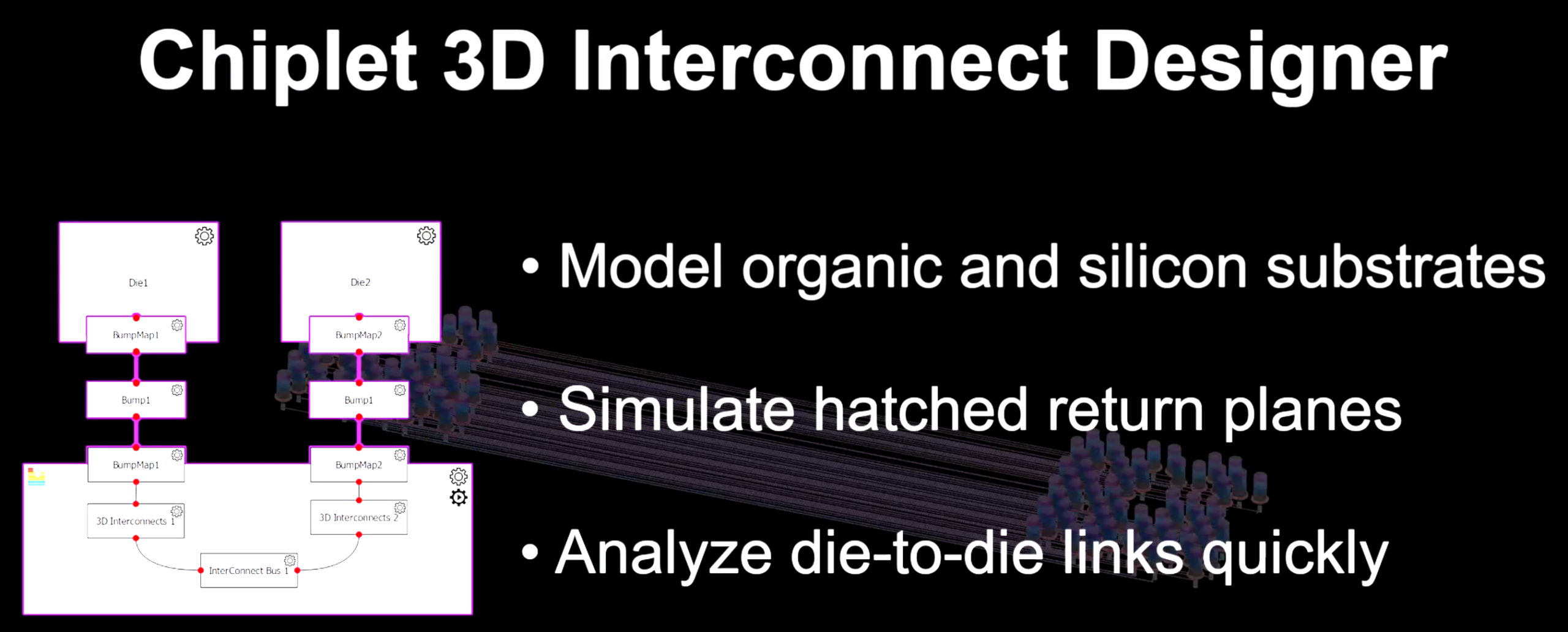 On the high-speed digital design frontier with Keysight’s Hee-Soo LeeHigh-speed digital (HSD) design is one of the…Read More
On the high-speed digital design frontier with Keysight’s Hee-Soo LeeHigh-speed digital (HSD) design is one of the…Read More Samtec Ushers in a New Era of High-Speed Connectivity at DesignCon 2026As I’ve discussed before, Samtec has a way…Read More
Samtec Ushers in a New Era of High-Speed Connectivity at DesignCon 2026As I’ve discussed before, Samtec has a way…Read MoreEDA Ice Bucket Challenge!
In case you have not heard, the Ice Bucket Challenge is a social media program aiming to increase the awareness of ALS (Amyotrophic lateral sclerosis AKA Lou Gehrig’s Disease). One of our neighbors recently passed away as a result of ALS so this challenge is dedicated to Barbara Letts. After hearing about the challenge my daughter… Read More
Silvaco News: Silicon Valley, China and Korea
Silvaco is one of the sponsors of the GSA Executive Forum to be held over in VC Land at the Rosewood Sand Hill on September 10th. Note that it starts at 11.45am with a networking lunch.
- The featured keynote speakers are Fareed Zakariah and Rana Faroohar, both of CNN. Rana is also Senior Managing Editor of Time.
- The first panel session
USB 3.0 IP on FinFET may stop port pinching
Sometimes a standard is a victim of its own success, at least for a while as the economics catch up to the technology. When a standard like USB 3.0 is announced, with a substantial performance increase over USB 2.0, some of the use cases come on board right away. Others, where vendors enjoy a decent ROI with good-enough performance,… Read More
Vlang – Opportunities Galore for Productivity & Performance
Yes, verification technologies are open to innovation for improved productivity and performance in the face of ever growing SoC/IP design sizes and complexities. There is not much scope left in processor speed to improve, other than multi-core processors in servers which again need software properly architected to be thread-able… Read More
Learning Cache Coherency and Cache Coherent Interconnects: ARM White Paper
Cache Coherency is the type of concept that you think you understand, until you try to explain it. It could be wise to come back to fundamentals, and ask what does coherency means to an expert. I have surf the web, found several white papers on ARM site, and now I can try to share these fresh lessons learned (or you may prefer to download… Read More
SEMulator3D: GlobalFoundries Process Variation Reduction
At SEMICON last month, Rohit Pal of GlobalFoundries gave a presentation on their methodology for reducing process variation. It was titled Cpk Based Variation Reduction: 14nm FinFET Technology.
Capability indices such as Cpk is a commonly used technique to assess the variation maturity of a technology. It looks at a given parameter’s… Read More
Enable a new generation of connected devices?
Imagination Technologies has designed a complete environment to address the needs of emerging IoT and other connected devices, FlowCloud. The technology has been engineered by Imagination to optimize device to cloud connectivity for embedded applications. FlowCloud is a cloud based application independent development… Read More
Intel 14nm is NOT in Production Yet!
Okay, maybe I’m the only one questioning Intel 14nm yield but I think it will be an interesting discussion in the comments section. Here are the questions I would have asked Intel during their recent 14nm PR tour: Has the P1272 process been rolled out to the production fabs in OR, AZ, and Ireland? Is the process officially in production… Read More
FD-SOI at 14nm
At the recent Semicon West, Michel Haond of ST Microelectronics had a presentation on 14nm FD-SOI, or what they more lengthily call UTBB FD-SOI (which when you expand it all out comes to Ultra Thin Body and Buried-Oxide Fully Depleted Silicon on Insulator). When Chenming Hu (or whoever in his group) came up with the term FinFET it … Read More




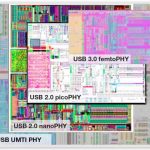
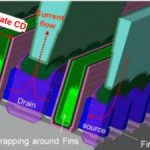
A Century of Miracles: From the FET’s Inception to the Horizons Ahead